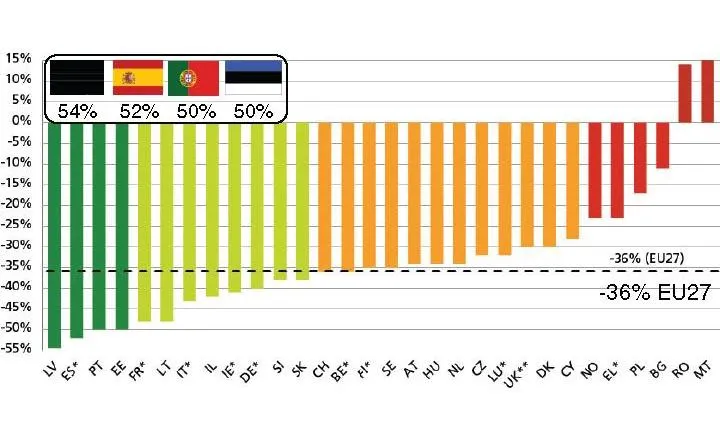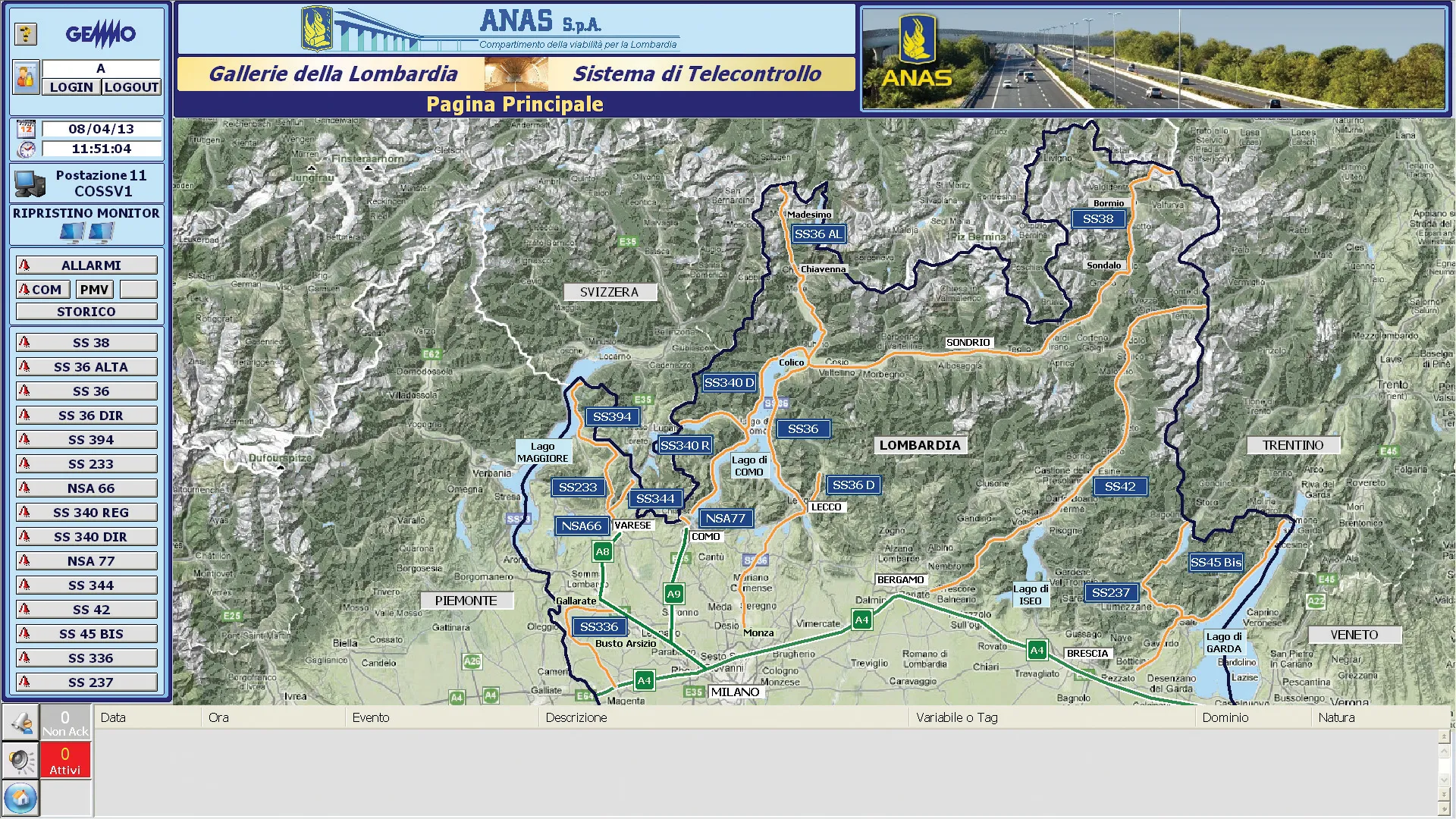The installation of speed cameras in France prevented around 15,000 fatal and 62,000 non-fatal road accidents between November 2003 and December 2010, according to a study in the international review Accident Analysis and Prevention. The mortality rate per 100,000 vehicles is said to have fallen 42% from 1.86 in November 2003 to 1.07 in October 2010. A second study found that speed cameras were most effective at reducing excessive speed infractions (more than 20km/h over the limit) and moderate speed infrac
April 8, 2013
Read time: 1 min
The installation of speed cameras in France prevented around 15,000 fatal and 62,000 non-fatal road accidents between November 2003 and December 2010, according to a study in the international review Accident Analysis and Prevention. The mortality rate per 100,000 vehicles is said to have fallen 42% from 1.86 in November 2003 to 1.07 in October 2010.
A second study found that speed cameras were most effective at reducing excessive speed infractions (more than 20km/h over the limit) and moderate speed infractions (between 10 and 20km/h over the limit), with the percentage of fatal accidents falling from 25% to 6% and 13% to 9% respectively between 2001 and 2010. The number of minor speed infractions (less than 10km/h over the limit) remained stable, but the percentage of fatal accidents rose from 7% to 13%.
A second study found that speed cameras were most effective at reducing excessive speed infractions (more than 20km/h over the limit) and moderate speed infractions (between 10 and 20km/h over the limit), with the percentage of fatal accidents falling from 25% to 6% and 13% to 9% respectively between 2001 and 2010. The number of minor speed infractions (less than 10km/h over the limit) remained stable, but the percentage of fatal accidents rose from 7% to 13%.








